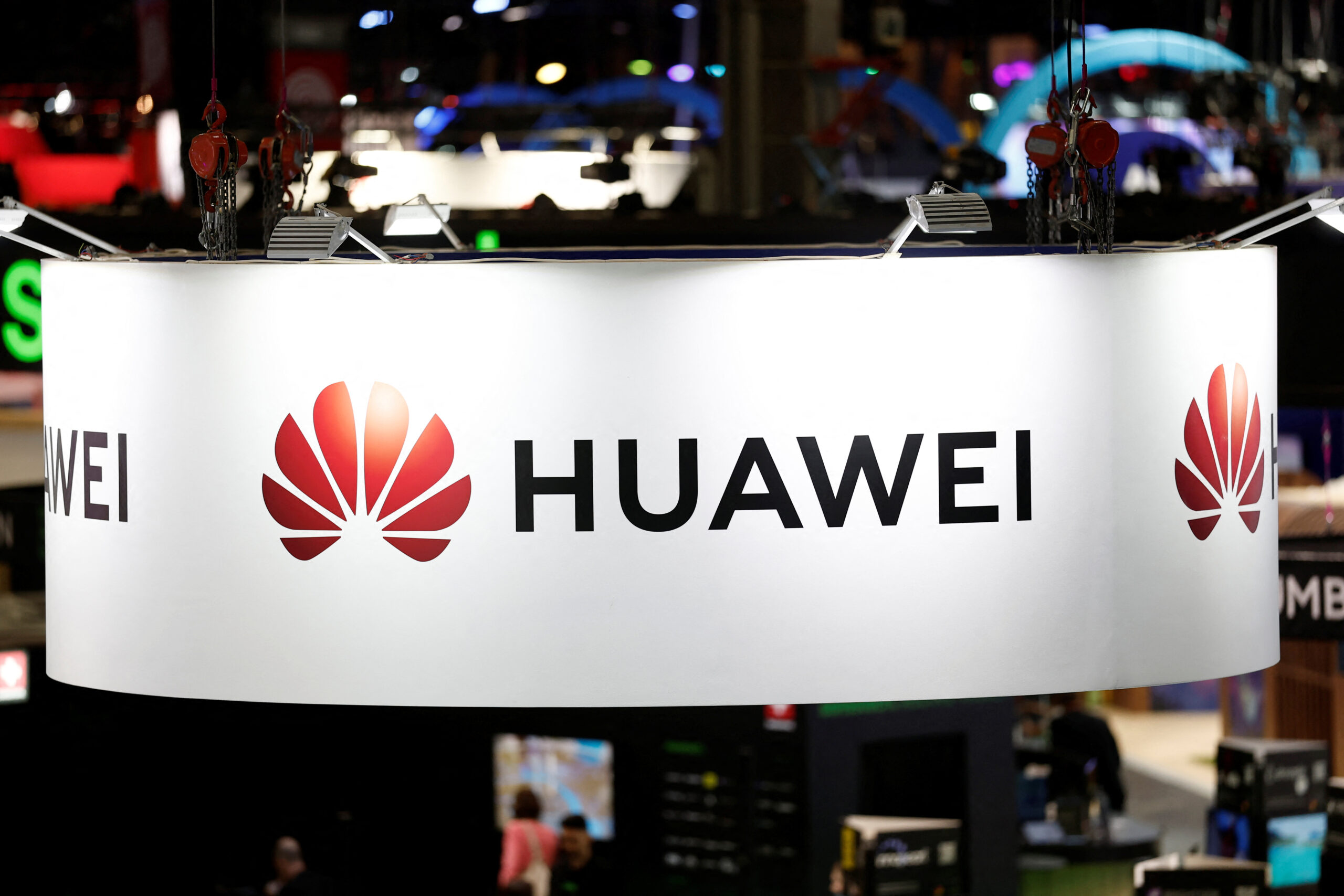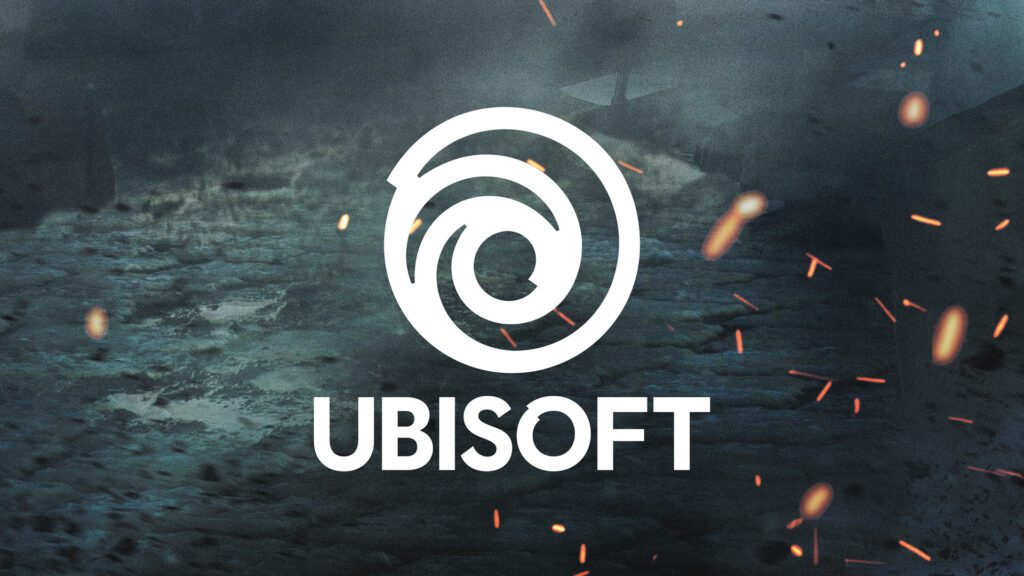NEW YORK, July 2 — In a courtroom ruling that could have major global implications, a U.S. federal judge has ruled that Huawei Technologies must stand trial on serious charges—including allegations of stealing American tech secrets and misleading banks about its ties to Iran.
Judge Ann Donnelly of the Eastern District of New York denied Huawei’s request to throw out most of the charges in a sweeping 16-count indictment. In a detailed 52-page ruling, she concluded that there’s enough evidence for the case to move forward. The accusations? Racketeering, trade secret theft from six U.S. companies, and bank fraud.
At the heart of the Iran-related claims is Huawei’s alleged control over Skycom, a Hong Kong-based firm that reportedly did business in Iran—despite international sanctions. Prosecutors say Skycom operated like a hidden arm of Huawei in Iran and received over $100 million through U.S. banks.
Huawei, headquartered in Shenzhen and employing more than 200,000 people worldwide, has denied all wrongdoing. The company says it’s being unfairly targeted and even described itself as “a prosecutorial target in search of a crime.” It tried to dismiss 13 of the 16 charges—unsuccessfully.
The trial, scheduled for May 4, 2026, could take months and might unearth more details about the geopolitical tensions that have surrounded Huawei for years.
This legal drama dates back to 2018, during former President Donald Trump’s administration, when the Justice Department launched the controversial “China Initiative” to combat alleged intellectual property theft. That same year, Huawei’s Chief Financial Officer, Meng Wanzhou—daughter of the company’s founder—was arrested in Canada and spent nearly three years under house arrest before returning to China. The charges against her were eventually dropped in 2022.
President Joe Biden’s administration later ended the China Initiative, following criticism that it encouraged racial profiling and hindered scientific collaboration.
For now, Huawei remains silent on the ruling, as do U.S. prosecutors. But this unfolding courtroom saga is not just about a corporation—it’s about global trust, national security, and the fine line between innovation and theft.
The case is officially titled US v. Huawei Technologies Co et al, in the U.S. District Court for the Eastern District of New York.




